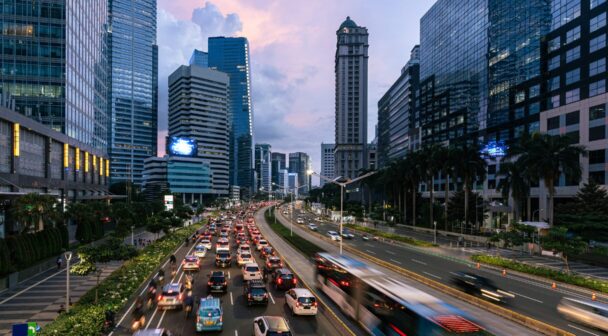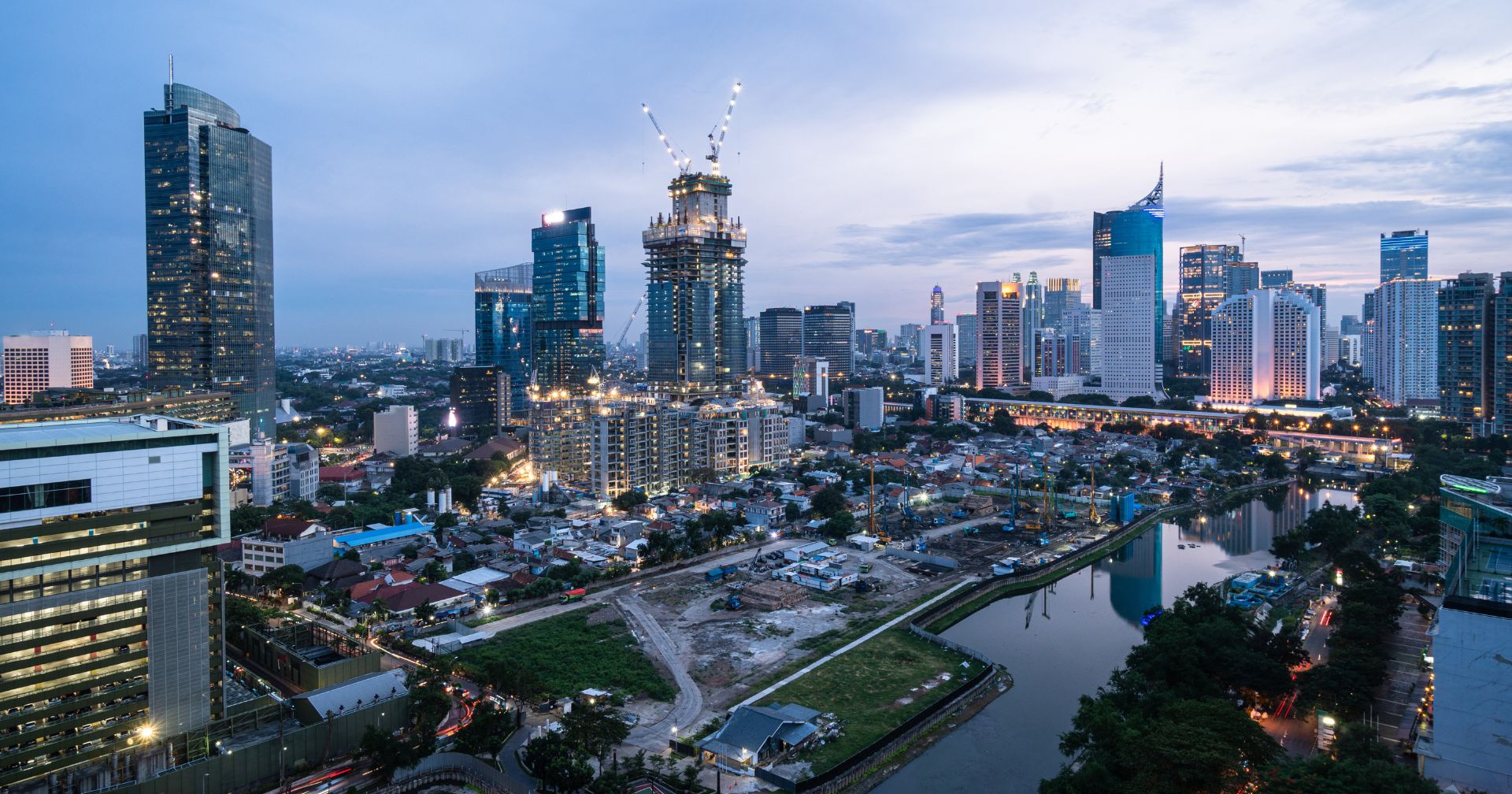インドネシア進出における法務の基礎と全体像

Attorney-at-law admitted in Indonesia
Fiesta Victoria

Attorney admitted in Japan
Kenta Muroi

Indonesia’s Investment Coordinating Board (BKPM) has officially issued Regulation No. 5 of 2025 (“Reg 5/2025”), effective 2 October 2025. This article explains the main changes, the significance of this amendment, and its practical implications for foreign companies operating or planning to operate in Indonesia.

Fiesta Victoria is an Indonesian qualified lawyer with over 16 years of experience in M&A and general corporate. She graduated from the University of Pelita Harapan in 2006 and started her career as a lawyer in the same year at one of the largest and oldest law firms in Indonesia. She joined ZeLo in 2019 with the primary role of establishing and developing ZeLo’s Indonesian practice group. She won the title of "Business Development Lawyer of the Year" at the ALB Women in Law Awards 2021. Additionally, she was nominated as one of the top 5 finalists for "Foreign Lawyer of the Year" at the ALB Japan Law Awards 2023, following a nomination in the same category at the ALB Japan Law Awards 2022.
目次
Indonesia’s Investment Coordinating Board (BKPM) has officially issued Regulation No. 5 of 2025 (“Reg 5/2025”), effective 2 October 2025.
Key changes include:
Any investors fail to comply with this commitment may result in administrative sanctions, which may include:
While Reg 5/2025 retains the minimum total investment value of more than IDR 10 billion (excluding land and buildings) per five-digit KBLI per location — consistent with the previous BKPM Regulation No. 4 of 2021 — it also introduces several sector-specific exceptions that adjust how this threshold is applied, depending on the nature and scope of the business activity.
Some of these exceptions remain unchanged from the previous regulation, while others reflect new developments. Notably, Reg 5/2025 provides further clarification on the definition of “business location” and introduces new provisions for sectors such as electric vehicle (EV) infrastructure as mentioned in point 5 below.
All sector-specific exceptions, including both existing and newly introduced provisions, are summarized below:
1.Wholesale Trade (Perdagangan Besar)
2. Food and Beverage Services (Jasa Makanan dan Minuman)
3. Construction Services (Jasa Konstruksi)
4. Manufacturing Industries (Industri)
5. EV Sector:
New category: Businesses developing and operating electric vehicle charging stations (SPKLU) must invest more than IDR 10B (excluding land/building), but the threshold applies per province rather than per KBLI or location.
6. KEK Areas:
Projects in Special Economic Zones (e.g., for digital economy, logistics, tourism, energy) are not bound by the general Minimum Investment threshold of more than IDR 10 billion rule. Instead, they must follow thresholds as set in the relevant Presidential Regulations on investment in KEKs.
7. In the case of business activities related to property development and management, the following provisions apply:
a. For property in the form of a complete building or a fully integrated residential complex, the required investment value must be greater than IDR 10,000,000,000 (ten billion rupiah), including land and buildings; or
b. For individual property units that are not part of a complete building or an integrated residential complex, the required investment value must be greater than IDR 10,000,000,000 (ten billion rupiah), excluding land and buildings.
8. For certain sectors, the total minimum investment value requirement for a foreign investment company (PMA) includes land and building costs. These sectors are:
a. Property development (including construction, sale, and/or leasing)
b. Short- and long-term accommodation services
c. Agriculture
d. Plantations
e. Livestock
f. Aquaculture (fish farming)
These reforms reduce barriers for foreign investors—especially smaller firms or those with “capital‑light” models—to enter Indonesia.
Companies planning new projects in Indonesia should review their corporate structure, capital placement strategy and ensure compliance with the 12‑month lock‑up and OSS requirements.
Those already operating as PMA Companies with existing permits or approvals issued under the revoked regulations may continue to operate under the terms of those permits until their expiration.
Investors who have submitted applications or are in the process of obtaining permits under the previous regulations should reassess their capital commitments or licensing status under the new regime and observe the transition provisions under Reg 5/2025
Any new applications will be subject to the rules and requirements specified in Reg 5 / 2025.
At ZeLo, we provide legal services to support Japanese companies expanding overseas, including to Indonesia, as well as foreign companies entering the Japanese market.
Please let us know if you have further questions or may need assistance on this matter. For further information on the above, about our firm or any other matters, please contact through the form (https://zelojapan.com/en/contact).
The information provided in this article does not, and is not intended to, constitute legal advice and is for general informational purposes only. Readers of this article should contact an attorney to obtain advice with respect to any particular legal matter.

